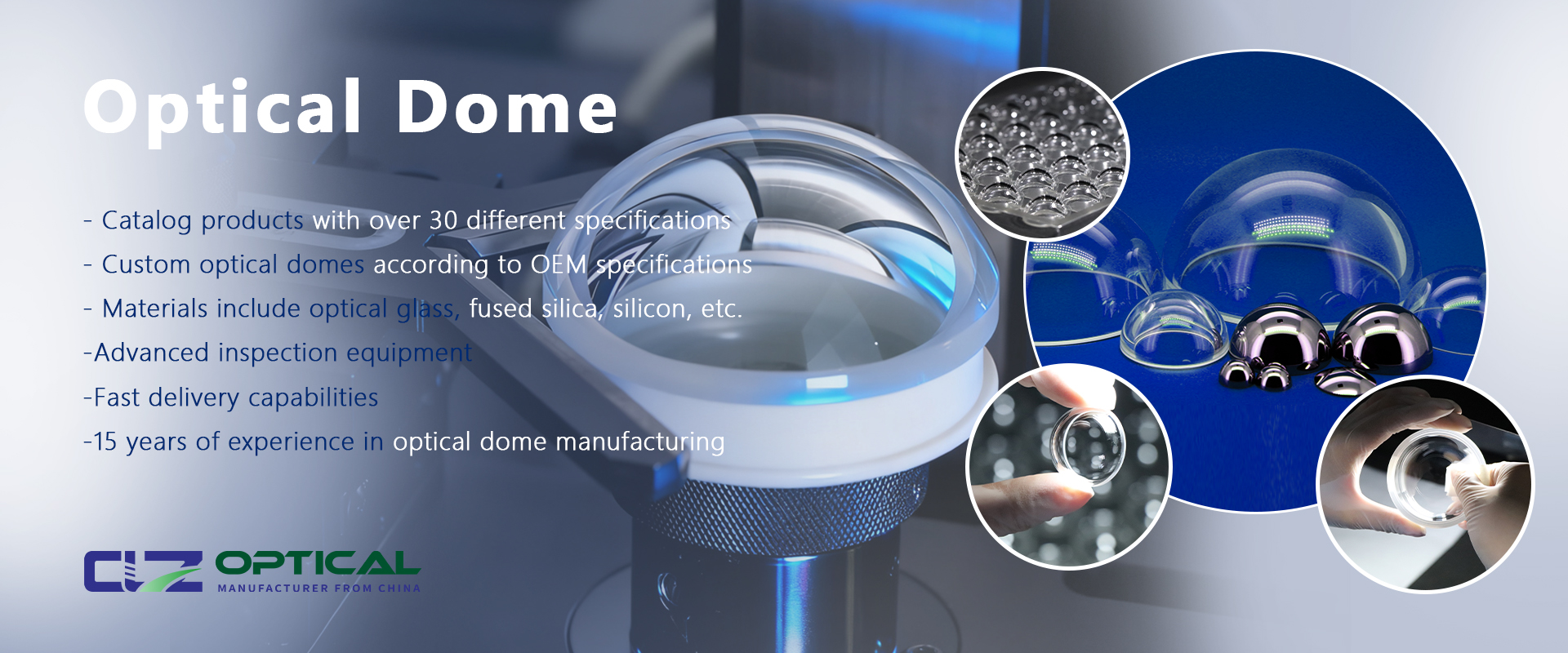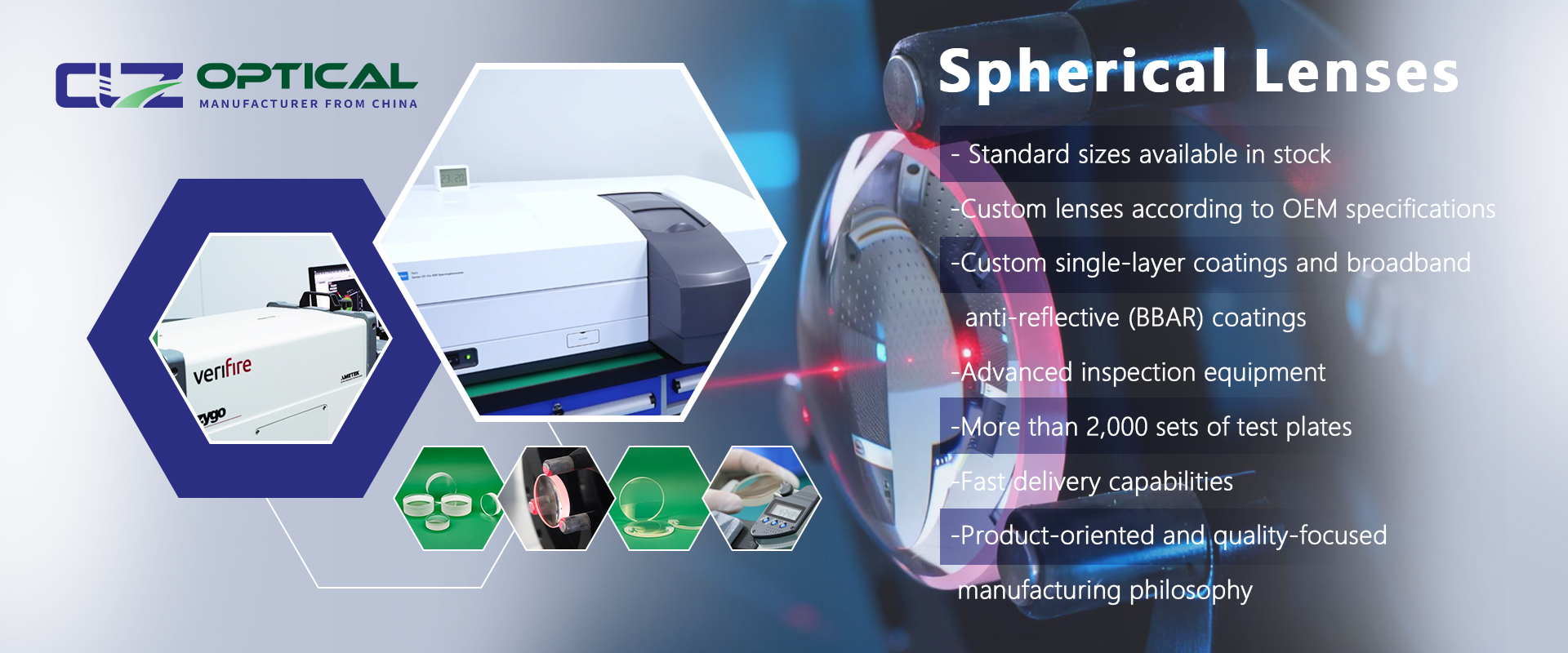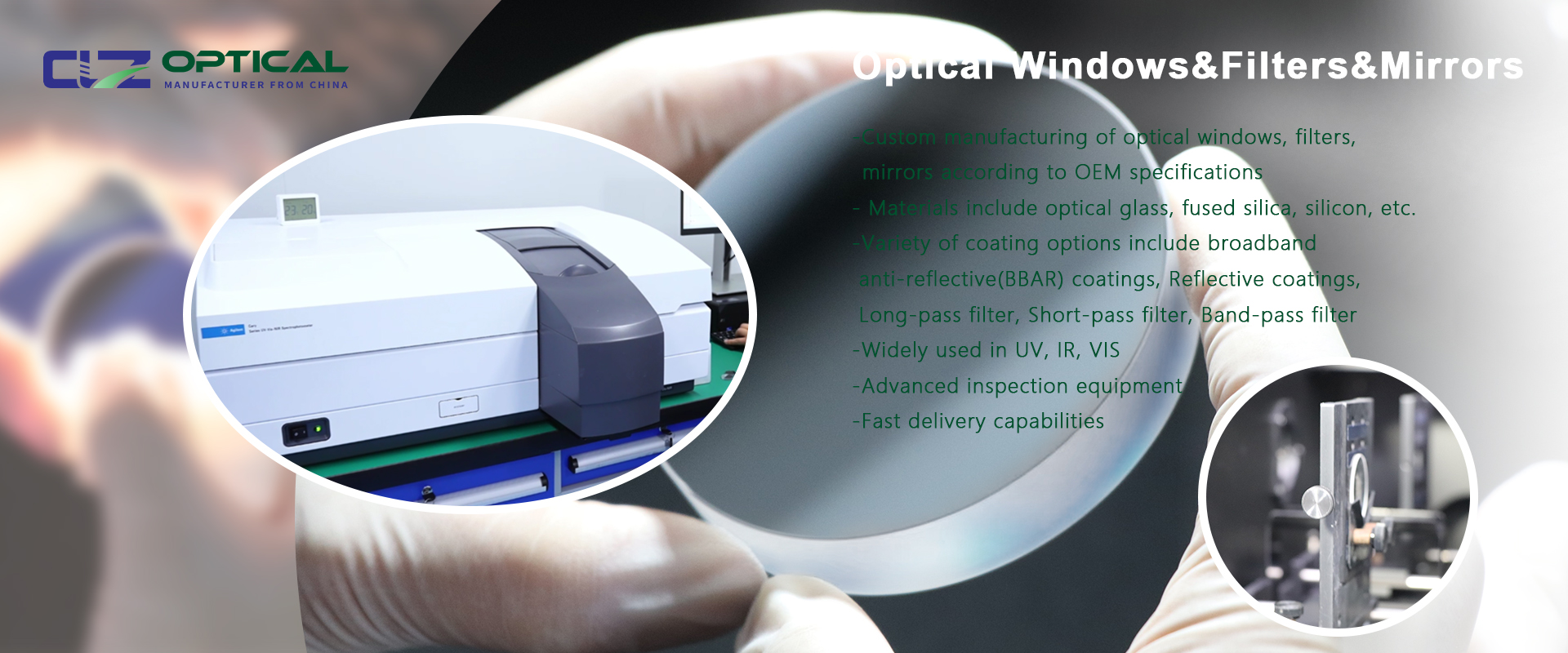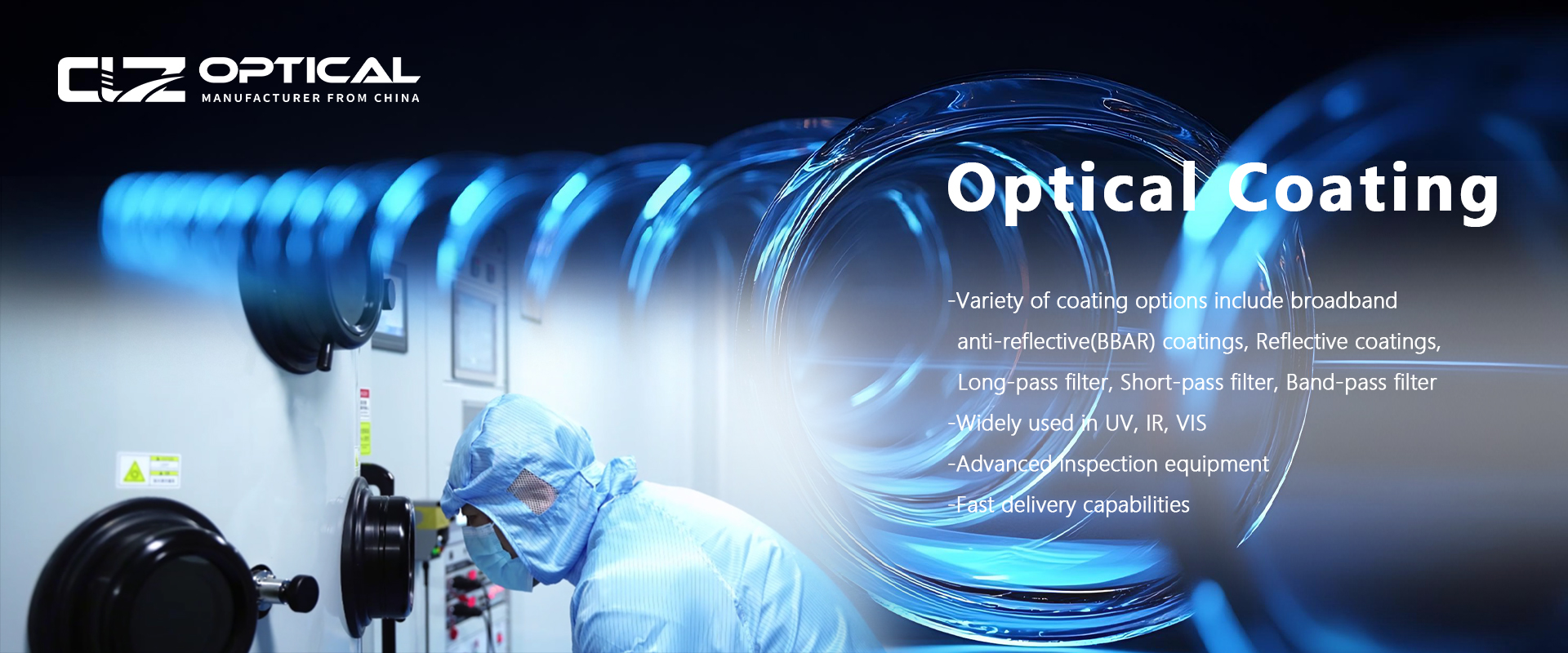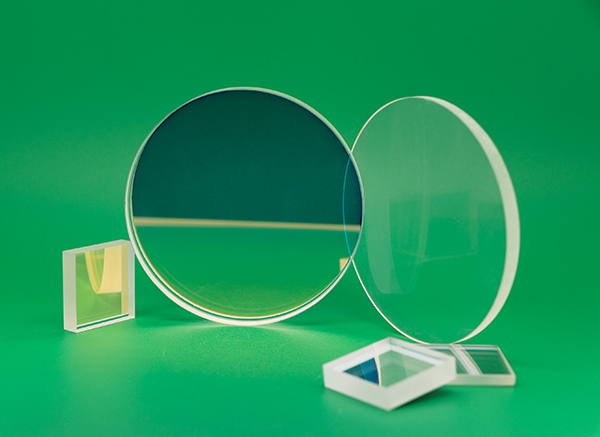Benefits and Disadvantages of Anti-Reflective Coating Glasses
May. 01, 2024
Benefits of Anti-Reflective Coating
Anti-reflective coating (AR coating), also known as anti-glare coating, offers several advantages including improved vision, reduced digital eye strain, and enhanced appearance of eyeglasses. This is because AR coating significantly reduces reflections on the front and back surfaces of eyeglass lenses.
By eliminating reflections, more light can pass through the lenses, optimizing visual clarity and reducing distractions, especially in low-light conditions such as nighttime. Additionally, AR-coated lenses appear nearly invisible, which not only enhances your appearance but also draws more attention to your eyes, facilitating better eye contact.
AR coating is particularly advantageous for high-index lenses, which reflect more light than standard plastic lenses. The higher the index of refraction of the lens material, the more light is reflected from its surface. For instance, regular plastic lenses reflect about 8% of incoming light, allowing 92% to enter the eye. High-index plastic lenses can reflect up to 50% more light, meaning even less light reaches the eye, which can be problematic in low-light conditions like nighttime driving.
Modern AR coatings can virtually eliminate reflections, allowing 99.5% of available light to pass through the lenses, thus improving vision. The reduction in reflections also makes eyeglass lenses appear almost invisible, allowing others to see your eyes and facial expressions more clearly, making the glasses more aesthetically pleasing.
Visual benefits of AR-coated lenses include sharper vision with reduced glare, particularly beneficial when driving at night, and greater comfort during extended computer use compared to non-AR-coated lenses.
When applied to photochromic lenses, AR coating enhances clarity and comfort in all light conditions without compromising the lenses' ability to react to sunlight. For sunglasses, AR coating eliminates glare from sunlight reflecting off the back surface of tinted lenses when the sun is behind you. Typically, AR coating is applied only to the back surface of sunglasses since there are no visual or cosmetic benefits to applying it to the front surface of dark-tinted lenses.
Premium AR lenses often include a surface treatment that seals the anti-reflective layers, making the lenses easier to clean. Hydrophobic surface treatments repel water, preventing water spots from forming on the lenses. Some AR lenses also have oleophobic (or lipophobic) treatments that repel both water and oil, thanks to fluorinated materials that give the lenses properties similar to nonstick cookware.
Advantages of Anti-Reflective Coating Glasses
1. One of the main perks of AR coatings is their cosmetic benefit. By reducing reflections in your prescription glasses, AR coatings increase the visibility of your eyes, enhancing eye contact with others. This makes them ideal for people who do a lot of public speaking, as it helps them appear more photogenic without the distraction of irritating reflections.
2. Anti-reflective coatings provide sharper and clearer vision that is more natural and brilliant than what is offered by uncoated lenses.
3. They provide more durability as they last longer than regular lenses. Consider that they’re exceptionally resistant to scratches, besides do an excellent job in resisting water and dirt.
4. Additionally, AR coatings help in reducing eye fatigue at work. They are especially suited for people who spend long hours working on computers, which can cause considerable eye strain. With an anti-reflective coating, your eyes are protected against glare, reducing eye strain.
5. Besides being useful for computer work, they also help reduce eye fatigue when watching television. The anti-glare coating eliminates light reflections that can tire the eyes.
6. AR coatings can also improve night vision, making them beneficial for activities in low-light conditions, such as driving at night.
Disadvantages of Anti-Reflective Coating Glasses
On the other hand, anti-reflective coating glasses do have a few drawbacks:
1. They can look dirty due to the clearness of the lenses. Although anti-reflective coatings do not attract more dirt than regular lenses, the absence of glare makes dirt and smudges more noticeable.
2. As a result, you may need to clean your lenses more frequently, especially if you have lower-cost AR coatings.
3. They are generally not recommended for reading glasses that rest on the low bridge of the nose. If you spend a considerable amount of time using a tablet, make sure you read in well-lit conditions.
Considerations and Warnings:
1. Coatings applied to the outside of lenses are more prone to peeling, scratching, or wearing off. Therefore, it's advisable for young children to delay getting them unless they have specific needs where an anti-reflective coating would be beneficial.
2. Avoid cleaning your lenses dry. Always rinse your lenses before cleaning to prevent grinding destructive particles into your AR lenses.
3. Use a microfiber cloth to clean your lenses; using a shirt or tie can cause damage.
4. Extreme temperatures, such as being near ice or fire, can damage anti-reflective coating glasses in addition to improper cleaning methods.
5. When not in use, store your lenses in their protective case to prevent damage.
6. While these coatings offer durability, it's essential to purchase them from a reputable company that provides a high-quality guarantee. Ensure the warranty includes lens replacement in case of coating issues.













